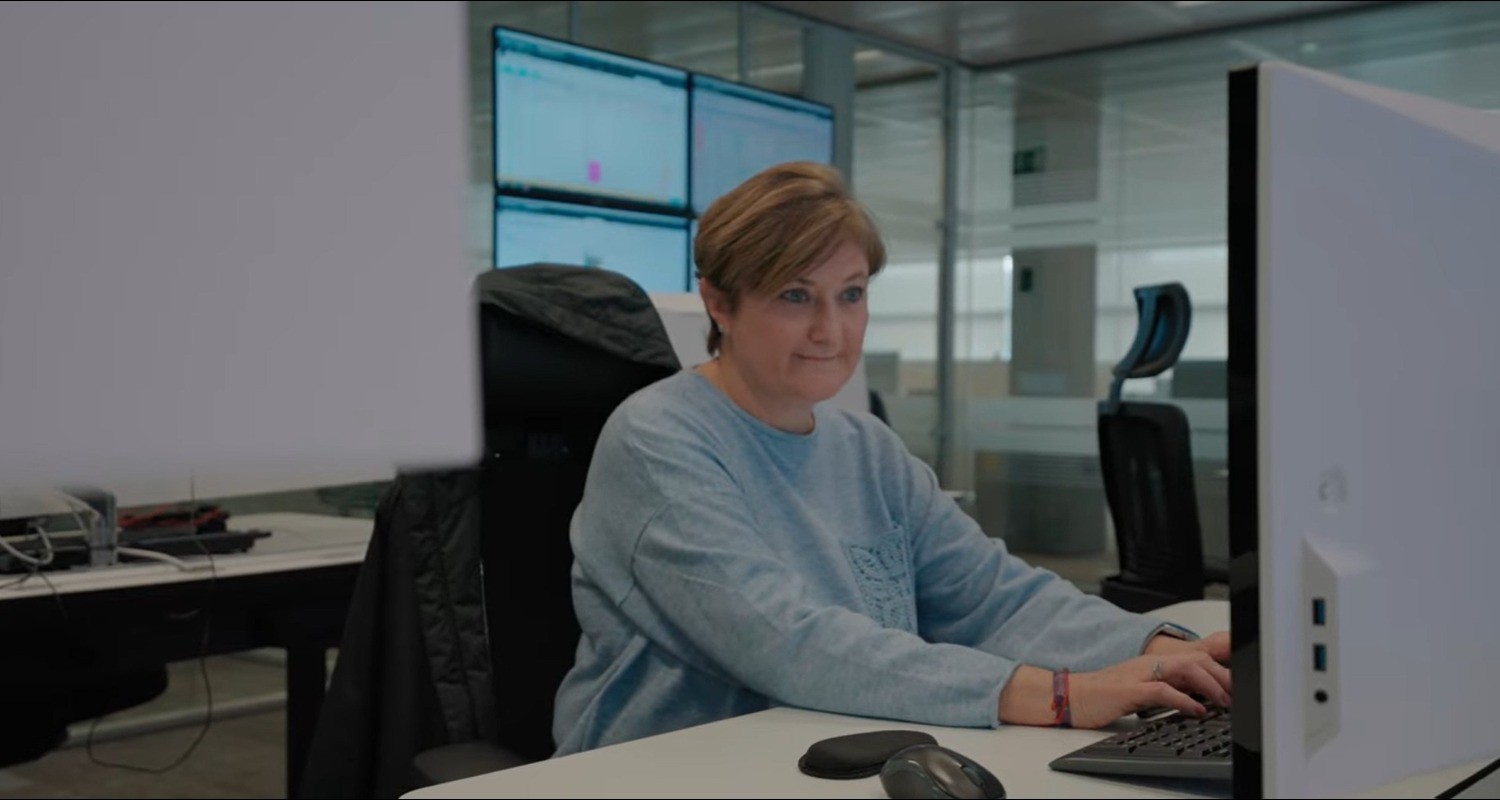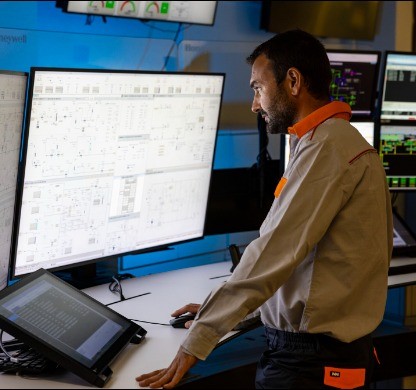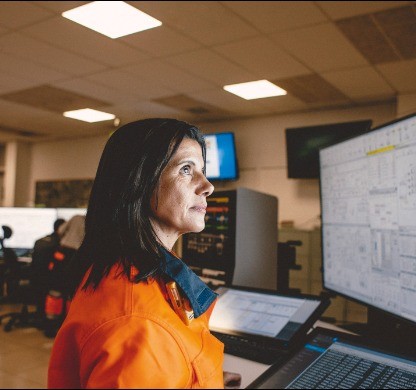For more creative work, such as "focusing on a first draft of a presentation, you can also make a lot of use of the tool, asking it to propose ideas," Alabau continues. Something that Guerrero confirms: "It's the feature that has surprised me the most. It easily gives you suggestions when you are faced with a blank sheet of paper. You always have to revise its proposals, but they are a great help." The research showed that the documents presented by people who used Copilot were 16.2% higher in quality.
This set of improvements resulted in a very positive evaluation of the experience and two out of three people at Repsol would not like to go back to working without Copilot. Álvaro Guerrero sums it up like this: "Just as I wouldn't want to work nowadays without the Internet, I wouldn't want to work without generative AI either, because it's an ally that collaborates with you and makes your life easier."
"Generative AI is not a future opportunity, but a current one. At Repsol we are already taking great advantage of it and the challenge is to multiply that value as technology and its adoption advance," says Lorbada. The multi-energy company is deploying a very ambitious plan so that its more than 25,000 professionals have access to Microsoft's Copilot Chat assistant, a product that uses the same generative AI technology as Microsoft 365 Copilot. This smart assistant for the Internet "is changing how users interact with search engines, using natural language in their queries, and obtaining more elaborate and precise answers, without having to limit themselves to searching by keywords and all this in a secure, private, and confidential way, together with the possibility of creating agents or uploading files that can be used as a basis for prompts," highlights Antonio Cruz.
"AI will require us, as individuals and organizations, to train ourselves and reinvent how we work, and we must focus on the possibilities that these types of solutions open up for us, which come to complement us and multiply our capabilities," concludes Lorbada.






